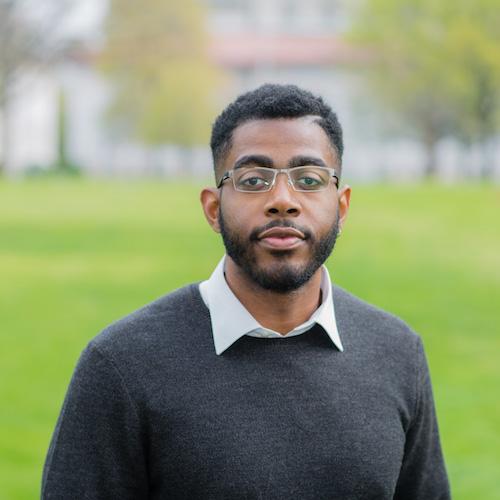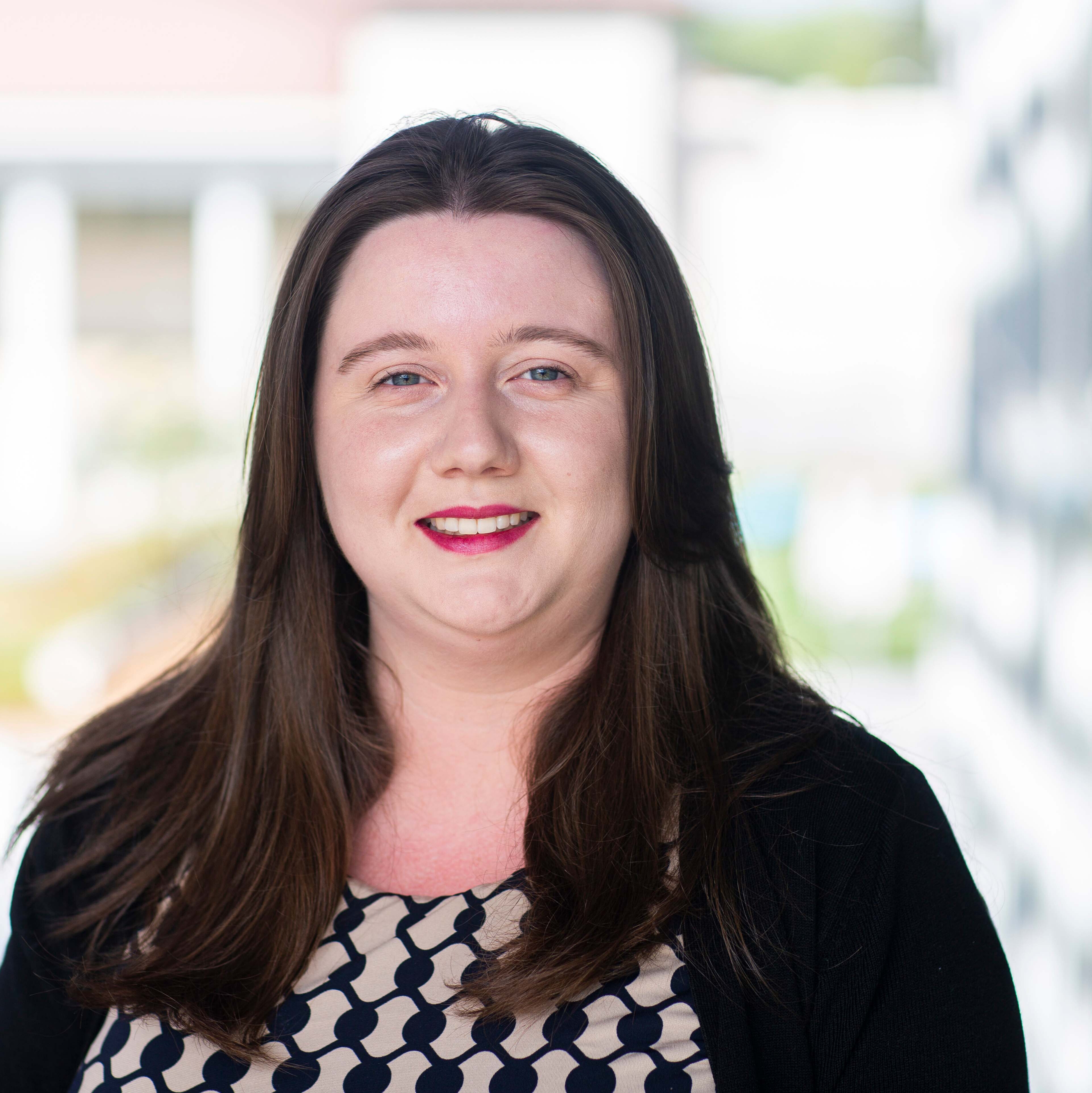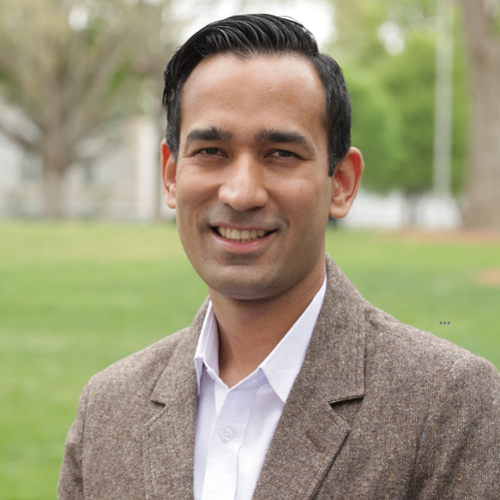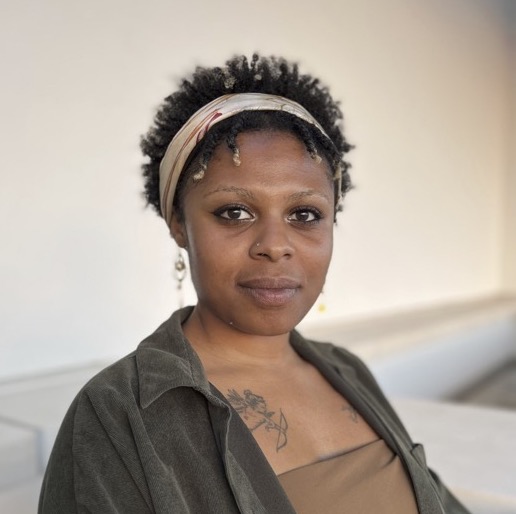Alum of the Nat C. Robertson Science & Society Graduate Fellowship
2021- 22
Jordan Lewis

Jordan Lewis is a PhD candidate in the Population Biology, Ecology, and Evolution Program and is completing a doctoral certificate in bioethics. He is advised by Levi Morran, PhD and his dissertation examines how various evolutionary and environmental dynamics influence host-parasite interactions and shape the evolution of host defenses. Jordan is a recipient of the NSF Graduate Research Fellowship and is a graduate of Winthrop University, where he completed a degree in Biology and Environmental Science.
2022-23
Enily Whitehead

Emily Whitehead is a PhD student, specialising in Ancient Egyptian art. Emily’s research interests centre on Middle Kingdom funerary art and texts, and discussions of agency and identity. She completed her MA in Ancient History with first class honours, at the University of Auckland, New Zealand, as a Faculty Scholar with a thesis entitled The Coffins of Sen and Gua: A discussion of the layout of the interior and exterior decoration, exploring the connection between the inner and outer coffins of two Middle Kingdom individuals. She was also awarded her BA majoring in Anthropology and Ancient History and BA(Hons) with first class honours in Ancient History at the University of Auckland. While completing her degrees, she was employed at the Centre for Learning and Teaching at Auckland University of Technology (AUT) and achieved Senior Fellowship of the Higher Education Academy.
2023-24
Aashis Thapa

Aashis Thapa is a PhD candidate in the Cancer Biology Program, specializing in targeted therapy development for acute myeloid leukemia (AML). Aashis’s dissertation evaluates novel synergistic drug combinations and explores the potential of those novel combinations for clinical translation in AML. He graduated with a BA in Biology from Reed College in Oregon. Prior to joining Emory’s Cancer Biology Program, he was involved in targeted therapy research led by Dr. Brian Druker, a precision-medicine pioneer, at the Oregon Health & Science University.
2024-25
Apala Bhowmick
Apala Bhowmick is a PhD candidate in the English department and Nat C. Robertson Fellow in Science & Society at the Institute for the Liberal Arts (ILA). She is interested in questions of how the British and French empires shaped the natural environment and influenced racial capitalism, in African and Caribbean literature. Her research primarily spans the 20th through 21st centuries, poised within the intersection between narrative studies and the history of medicine and natural sciences. Working with Anglophone literature in conjunction with Francophone texts, Apala’s dissertation-in-progress focuses on fiction that articulates processes of environmental despoilation via their use of decolonial narratological strategies, which render visible modes of comparative colonialisms under British and French imperial regimes in the tropics (emphasized).
Her dissertation is tentatively titled, “From Plantation to Laboratory: Ecological Vitality in African and Caribbean Fiction.” As allied research interests, Apala looks at decolonial pedagogy, world cinema, and the aesthetic task of literary translation, in some of her public scholarship.
Linzie Taylor
Linzie Taylor (they/she) is a doctoral candidate in Emory University's Neuroscience Program, conducting research with the Grady Trauma Project. Their work focuses on integrating black feminist perspectives into neuroscientific understandings of stress and trauma, both theoretically and practically. Linzie's doctoral research employs neuroimaging and qualitative interviews to investigate how sociopolitical factors influence emotional processing in black women, shedding light on critical intersections between race, gender, and mental health.
Beyond the lab, Linzie is passionate about creative expression, often channeling their insights into poetry, dance, and leisurely walks with their dog. They also maintain a blog, blackfemmeneuro.com, where they explore how black feminism, neuroscience, and neuroethics intersect via their lived experiences and reflections as a black feminist neuroscientist.

